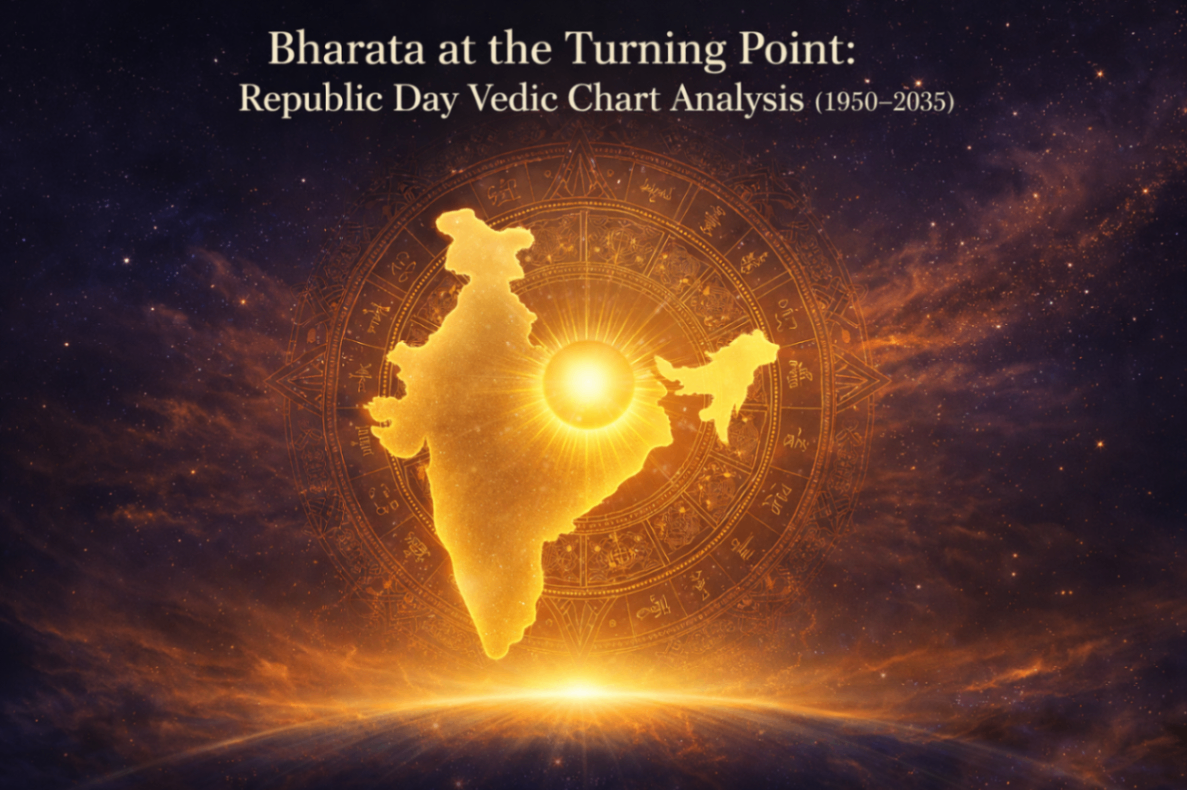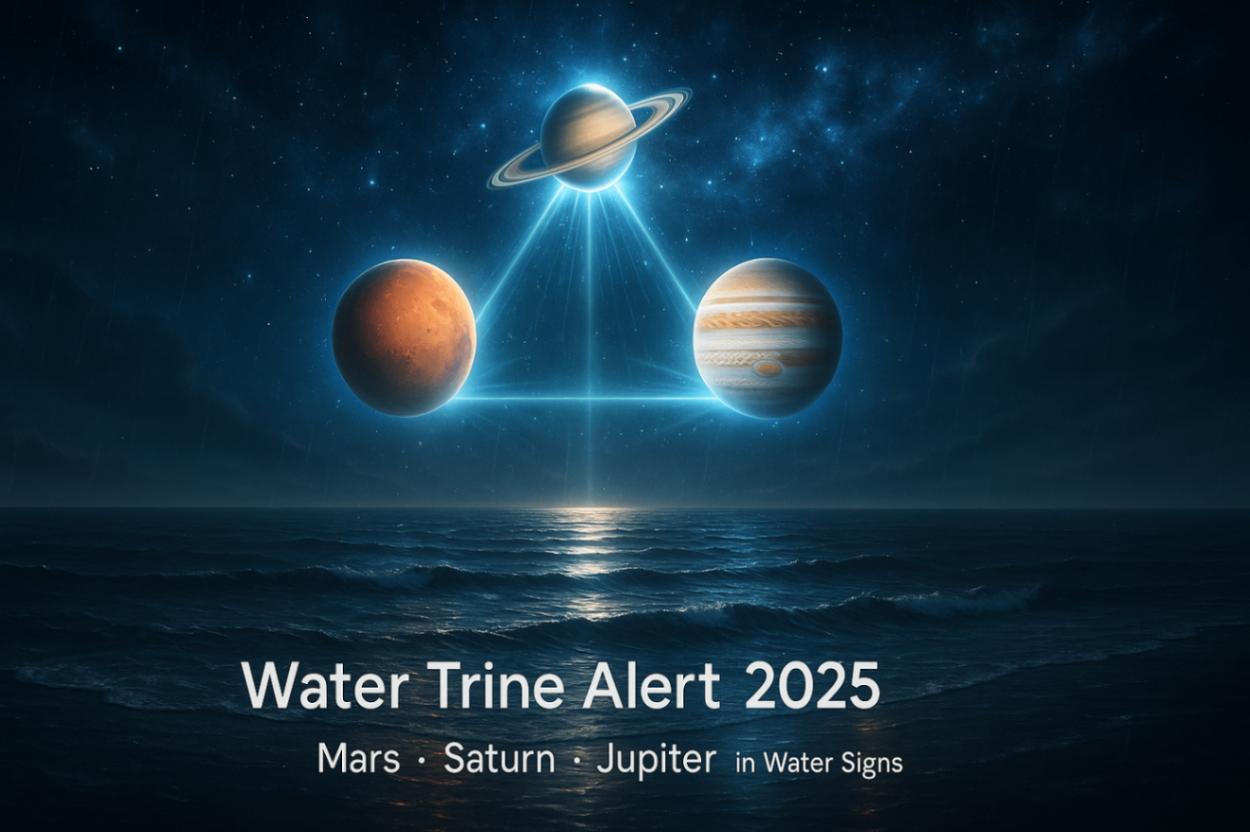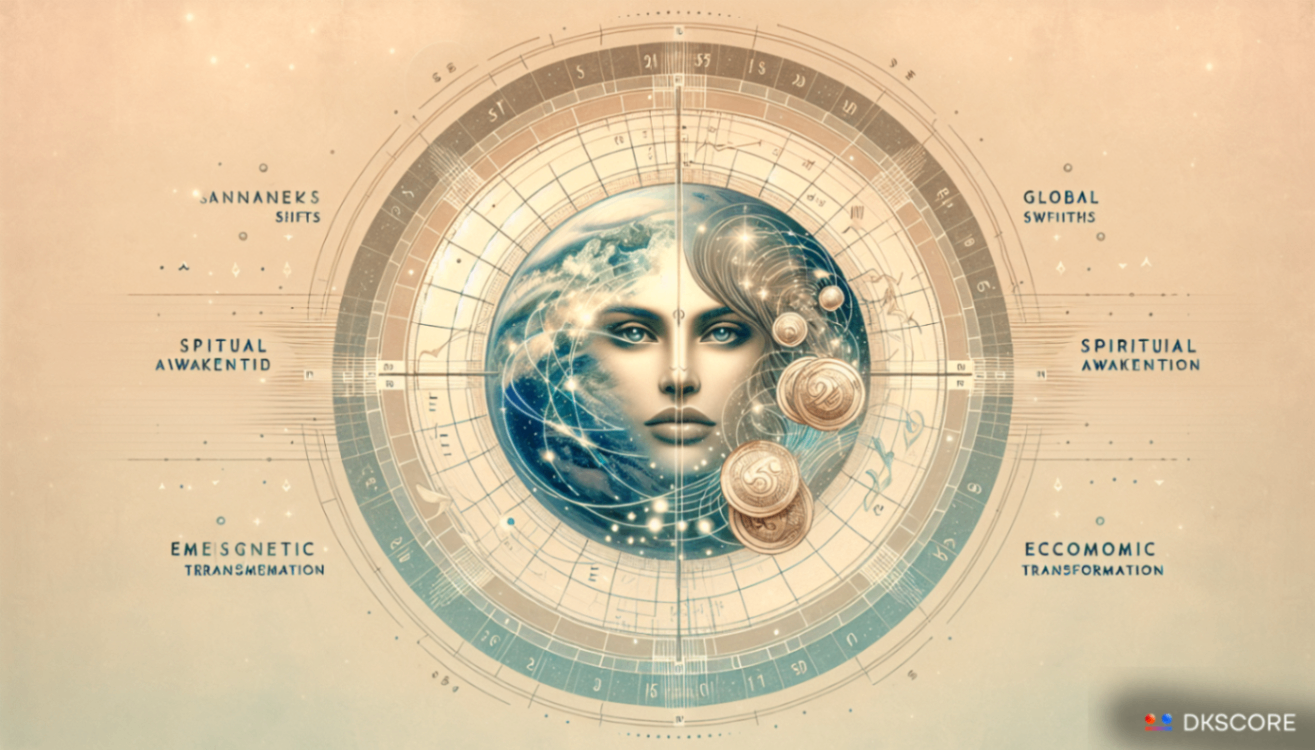Vedic Astrology and War Psychology: Understanding the Cosmic Alignments
In the realm of Vedic astrology, the cosmic alignments hold significant power in shaping the destiny of nations. Astrology not only plays a role in personal lives but also extends its influence to a country’s fate, particularly during times of conflict and war. Understanding the astrological influences that contribute to war psychology can provide insights into the tumultuous events that shape a nation’s history.
The Influence of Slow-Moving Planets
Slow-moving planets such as Saturn and Rahu play a crucial role in mundane astrology, which focuses on world events and national affairs. When these planets transit through specific houses in a countrys chart, they can create vulnerabilities and trigger events that influence a nations destiny. It requires meticulous calculation and understanding of these planetary movements to anticipate potential conflicts.
Astrological Alignments and War Psychology
Astrological alignments can provide insights into the psychological climate of a nation during times of war. For instance, the conjunction of Saturn and Rahu is often associated with fear, speculation, and confusion. This alignment can amplify uncertainty and create an environment where tension and conflict thrive.
Lessons from Historical Conflicts
Historical conflicts, such as the wars between India and its neighbors, serve as case studies for understanding the role of astrology in predicting war. By analyzing the astrological charts of these periods, one can observe patterns and alignments that coincided with these events. For instance, the war with China in 1962 and the subsequent war with Pakistan in 1965 can be mapped to specific astrological influences.
Astrological Indicators of War
There are several key astrological indicators that are often present when a nation is on the brink of war:
Saturn and Rahu Alignments: These alignments often indicate espionage, covert operations, and heightened tensions.
Retrograde Mars and Saturn: Retrograde phases of these planets can intensify conflict and lead to sudden, unexpected events.
Affliction to Luminaries: Afflictions to the Sun and Moon can destabilize a nation’s leadership and emotional climate.
Role of Eclipses: Eclipses can have profound effects on a nation, particularly when they occur in sensitive zones of the chart.
Case Study: Indias Wars with China and Pakistan
Examining the astrological charts of India during its wars with China and Pakistan reveals significant insights. For instance, during the 1962 war with China, Saturn and Ketu in Capricorn opposed Mars and Rahu in Cancer, creating a tense dynamic that contributed to the conflict. Similarly, the 1965 war with Pakistan saw afflictions in the Taurus-Scorpio axis, highlighting the astrological triggers at play.
Understanding the Role of Monta
The concept of Monta in Vedic astrology refers to the collective emotional state of a nation. When afflicted, it can lead to widespread pain and suffering. During times of war, Monta becomes a critical factor in understanding the emotional climate and the hardships faced by a nation.
The Importance of Eclipses
Eclipses have long been considered powerful omens in astrology. They can influence the affairs of a nation, especially when they impact key areas of a countrys chart. The solar eclipse of 1962, for instance, played a significant role in the conflict with China, highlighting the importance of monitoring eclipse cycles.
Conclusion
Astrology offers a unique lens through which to view the psychology of war. By understanding the cosmic alignments and their influence on a nation’s chart, astrologers can provide valuable insights into the potential for conflict and the underlying psychological dynamics. While astrology may not predict every event with precision, it offers a framework for understanding the larger forces at play in shaping a nation’s destiny.





































